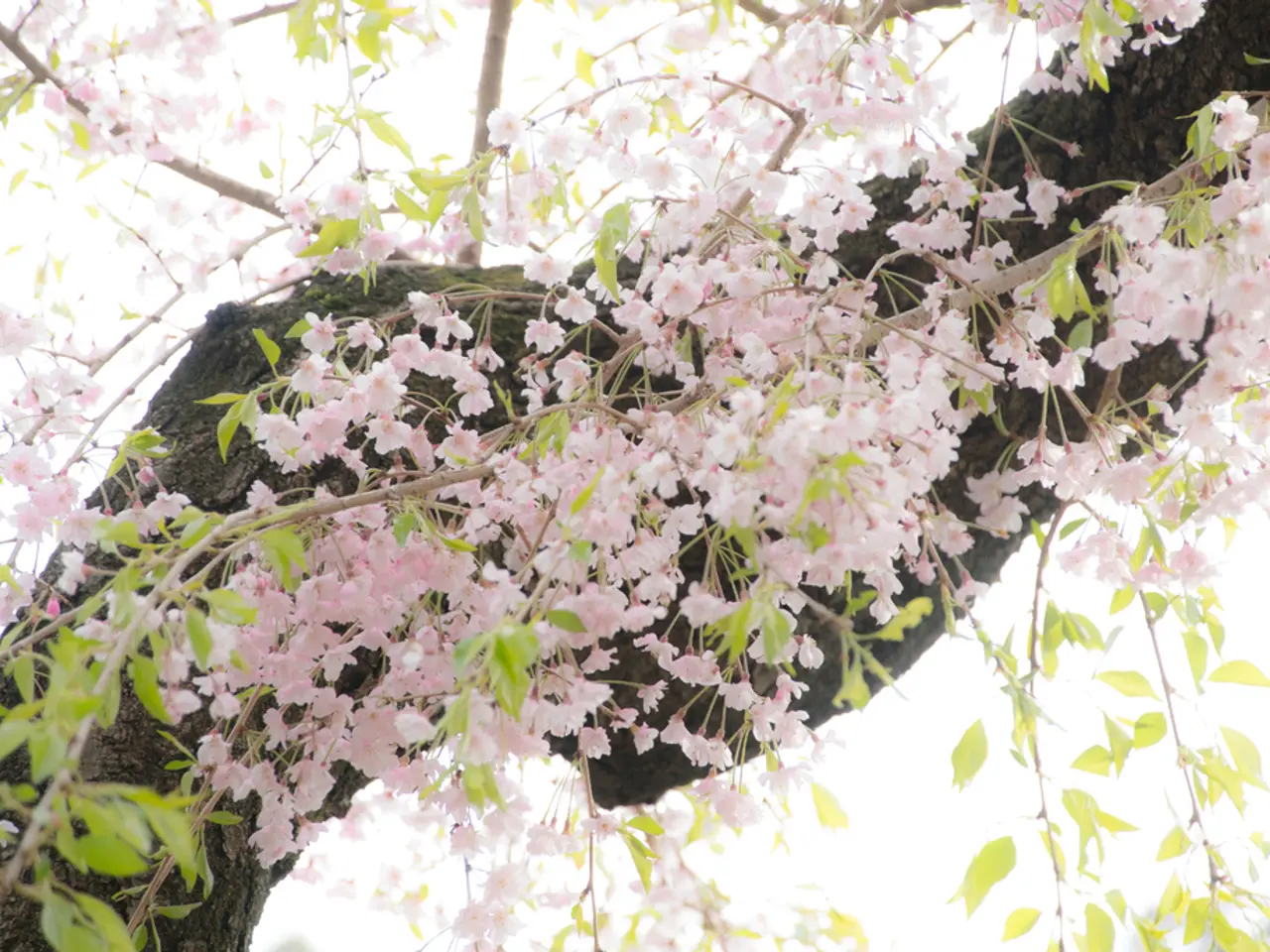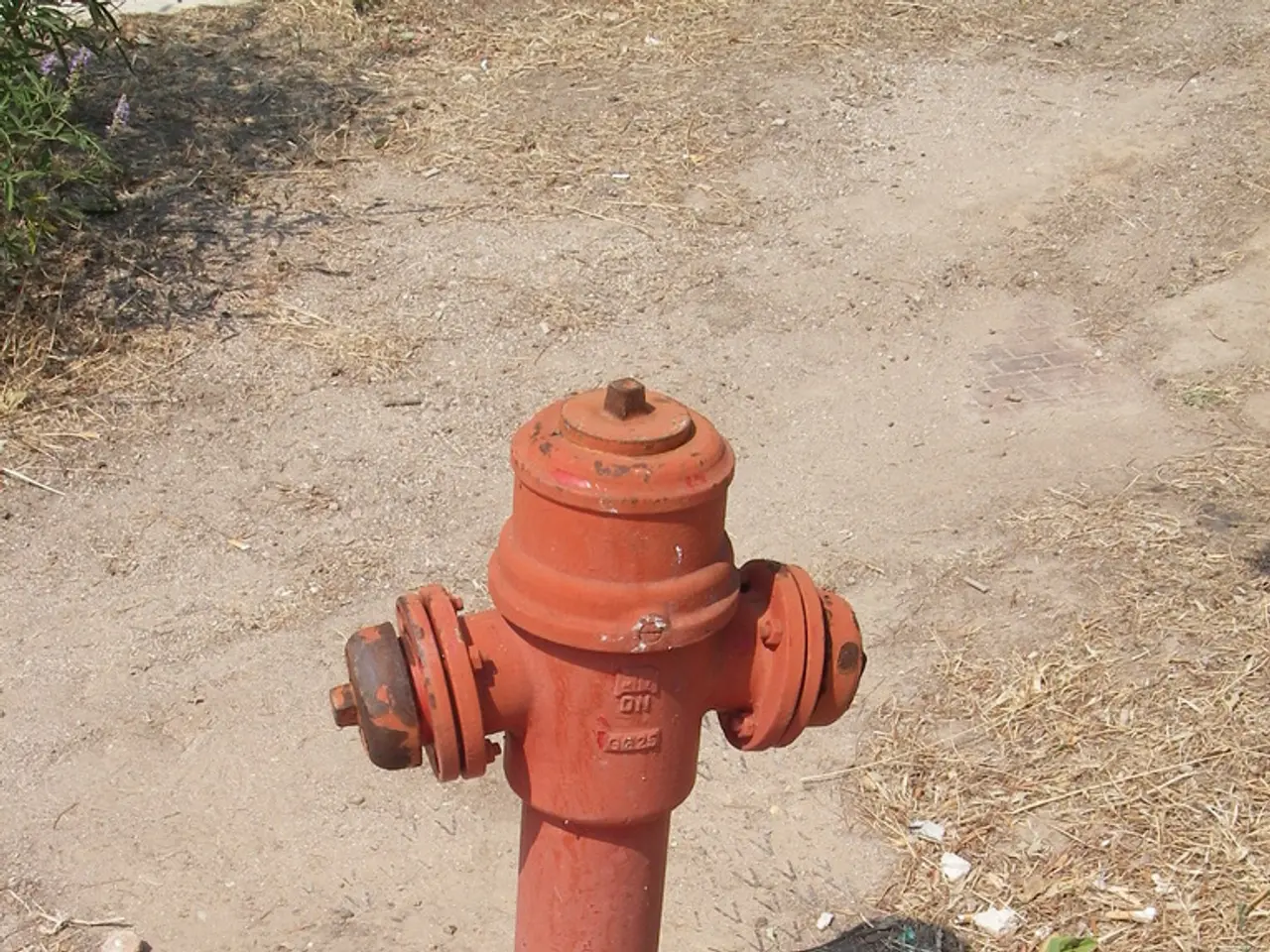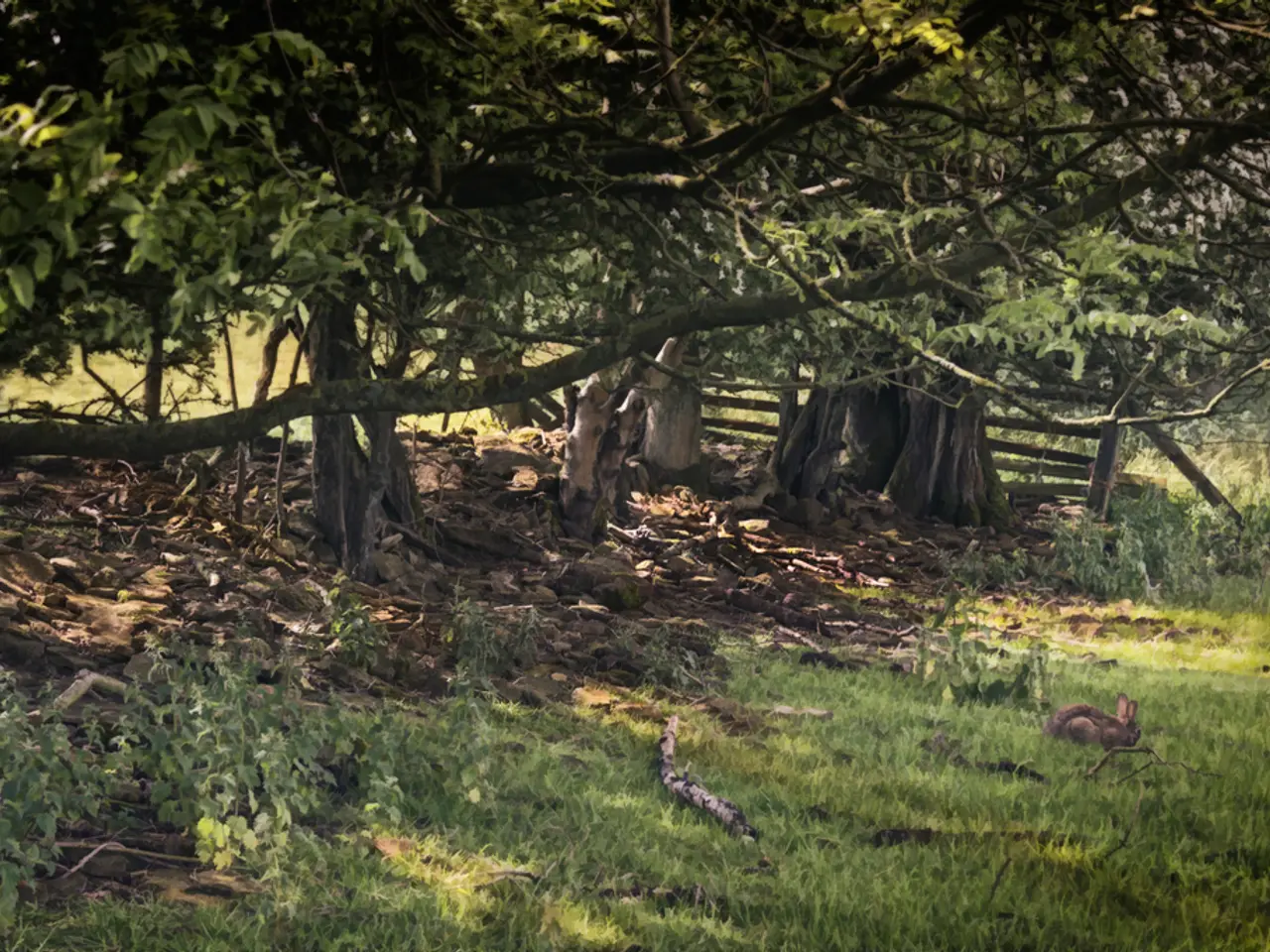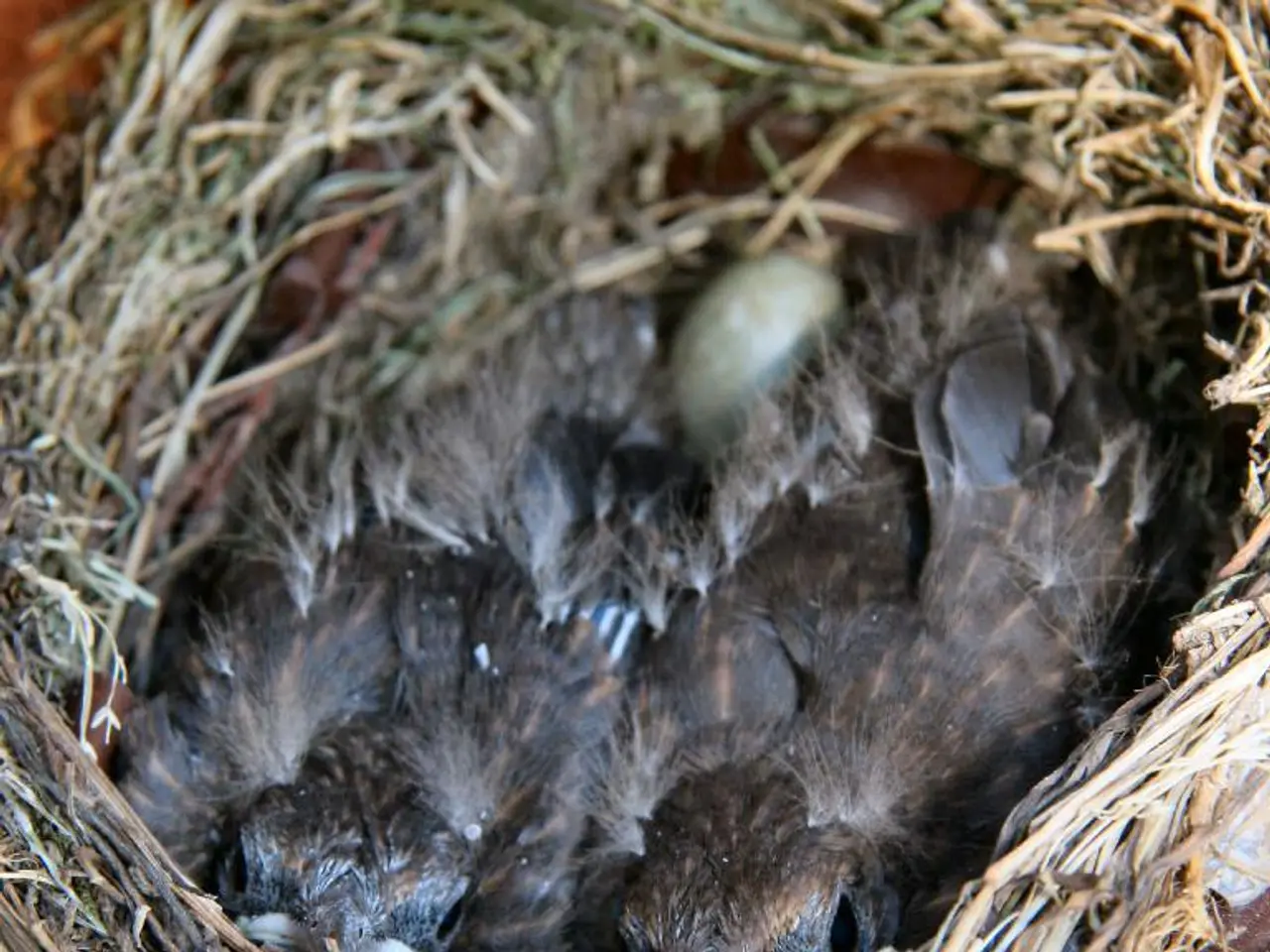Pruning Techniques for Crepe Myrtles: Crucial Advice for Promoting Vigorous Development
Hey there, green thumb! Frazer Thompson here, your horticultural guru! I've got over a decade of gardening experience, and today I'll be sharing the lowdown on pruning crepe myrtles—the key to achieving a stunningly beautiful garden that'll make your neighbors green with envy.
Crepe myrtles are renowned for their striking blooms and adaptability. But without proper pruning, they can become unruly, taking away from their natural charm. Proper pruning encourages healthy growth, enhances their size and number of blooms, and maintains a neat, visually pleasing shape. Here's everything you need to know about pruning these lovely trees!
The Importance of Right Tools and Techniques
With the right tools in your arsenal, you'll find pruning crepe myrtles a breeze. And the results will be worth every ounce of effort!
To start, gather these essential tools:
Hand Pruner
- Hand pruners: These little guys will come in handy for cutting twigs and branches up to half an inch thick.
- Loppers: For branches between half an inch to 1 ½ inches, loppers provide the leverage you'll need for a precise cut.
- Pruning saw: If you've got branches that are more than 1 ½ inches thick, a pruning saw will make the job considerably easier and safer!
- Pole pruners: If you're working with a tall crepe myrtle, pole pruners will greatly simplify reaching high branches.
- Gardening gloves: Lastly, don't forget your trusty gardening gloves to protect your hands from cuts and splinters.
For small branches less than 1⁄2-inch thick
Top Tip: Always make your cuts about a quarter of an inch above a bud or side branch. This helps the tree grow in the right direction!
Loppers
Timing is Everything
For branches 1⁄2 to 11⁄2 inches thick
Choosing the perfect time to prune is crucial for optimal results. After learning this secret, you'll wonder why your crepe myrtle didn't look so good before!
Late Winter or Early Spring
Pole Pruner or Saw
For the best results, prune your crepe myrtles in late winter or early spring. Since the tree's in its dormant stage, pruning now enables you to see the tree's structure clearly and sets the stage for robust new growth.
For branches over 11⁄2 inches thick
Mid-February (Warmer Climates)
If you live in a warmer area, mid-February is a fantastic time for pruning your crepe myrtle. By then, the worst of the winter cold has usually passed, and the tree is preparing to wake up.
Avoid Late Summer or Fall
Pruning in late summer or fall isn't ideal. Doing so can cause new growth, which could be damaged by winter cold. Aim to prune in early winter, so your tree has plenty of time to recover before the cold hits.
Hand Pruners
Pruning Techniques
< 1⁄2 inch
Now that you know when to prune, it's time to learn how!
Removing Deadwood
Loppers
Deadwood includes broken, diseased, or dead branches. Removing these damaged branches improves air circulation and reduces the risk of fungal diseases. Cut off any branches that are peeling bark, as they might indicate disease.
1⁄2 inch - 2 inches
Shaping the Tree
Shaping involves deciding on a single trunk or multiple trunks. If you prefer a single trunk, remove lower branches to increase its height.If you'd prefer a multi-trunked appearance, limit the number to 3-5 by cutting excess shoots.
Pruning Saw
Thinning Vs. Topping
> 2 inches
Topping means cutting the top branches of the tree, which isn't recommended, as it may lead to weak new growth and potential harm to the tree. Thinning, on the other hand, involves selectively removing branches to reduce density and maintain a balanced shape, promoting healthier growth and more flowers.
Remember, the goal is to maintain the beauty and health of your crepe myrtle while encouraging abundant blooms each season. Stick to these techniques, and your tree will be the belle of the boulevard in no time!
Gardening the right way can make your crepe myrtle stand out, even making your neighbors envious. With essential tools like hand pruners, loppers, pruning saw, pole pruners, and gardening gloves, you can easily prune your crepe myrtle. Proper pruning techniques include removing deadwood, shaping the tree, thinning instead of topping, and making cuts above a bud or side branch for proper growth direction. For best results, prune your crepe myrtle in late winter or early spring, after learning when the optimal time is for pruning.




